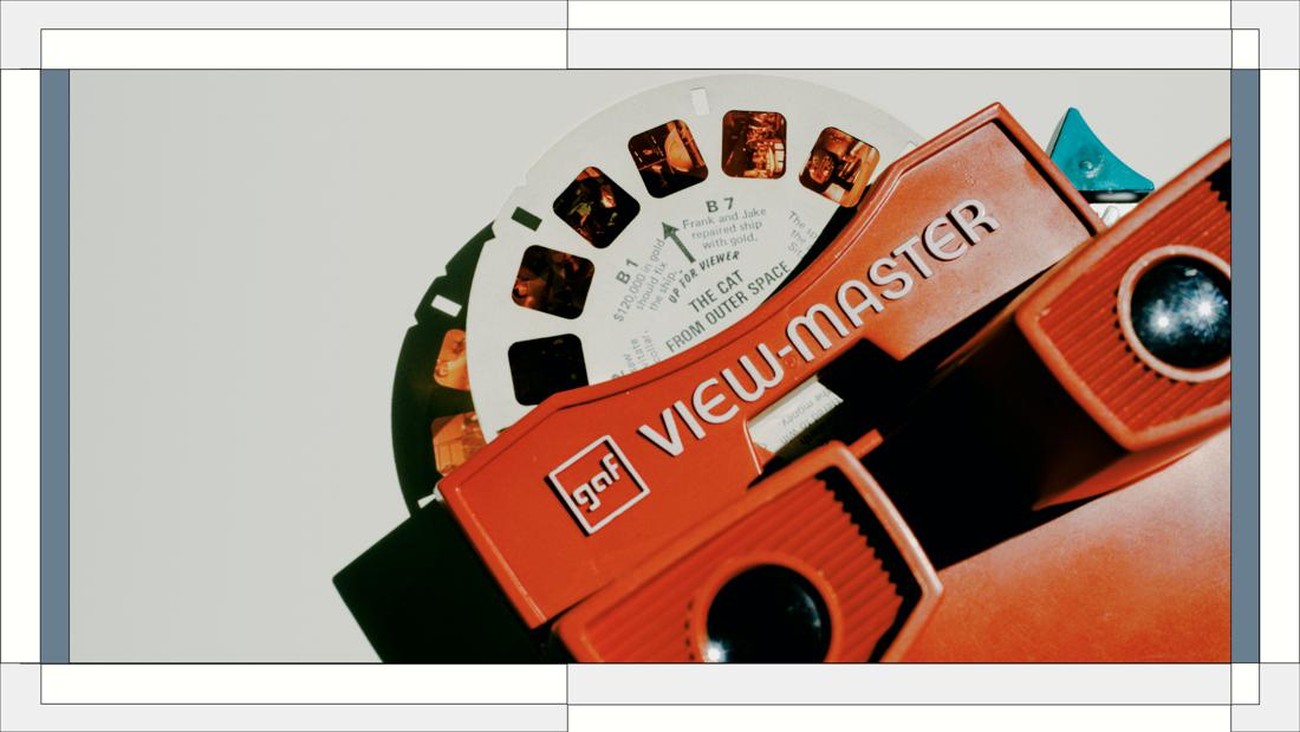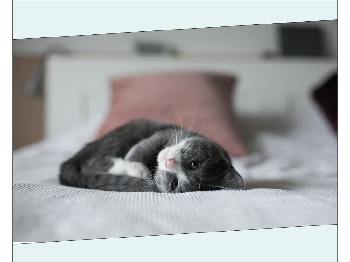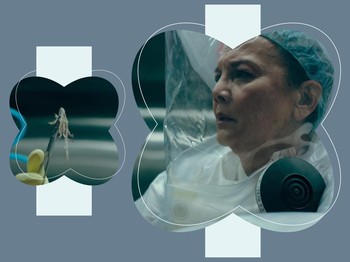Nostalgia truly has the power to make you feel good. It sparks joy and makes you reminisce about simpler times or pleasant memories when you come across a piece of familiar music, old TV shows, smells, and other reminders that activate nostalgic feelings of the past. Recently, Marvel has gathered both Millennials and Gen Z through Spider-Man: No Way Home movie released, which reunited Spiderman's villains from different universes. A film that caused people to cheer at the theatre when (spoiler alert) Andrew Garfield and Toby Maguire came out of Dr. Strange's portal. Another example generated from Noah's remade clips of Yang Terdalam and Bintang di Surga both tracks and music videos, which leaves us reminiscing Peterpan's huge music presence in our childhood.
Shared memories from the past are comforting as it has the power to make you feel warm and fuzzy, just like a familiar scent of a blanket wrapping around you-safe and content. It ties people together, too, especially ones who have been drifting apart for years. Psychologist Dr. Meg Arroll states, "When feelings of nostalgia are triggered, social bonds strengthen, positive self-regard increases, and there's a boost in positive affect (good mood)." The scientific reason why nostalgia feels good is that it rewards centers of the brain, which include; the activations of the hippocampus, the substantia nigra, the ventral tegmental area, and the ventral striatum during a nostalgic activity. This phenomenon is commonly experienced when we feel pleasant emotions roaming through our bodies, like hearing a song from the past, even if it wasn't necessarily your favorite song at the time.
Indeed, nostalgia can be argued as a form of escapism and distraction and often used as a content production and marketing strategy whereas companies have figured we all would love a reminder of a happy time--I mean, successful marketing is all about the ability to sell a feeling, making nostalgia the perfect element in reinforcing that. That's why we feel enthusiastic about the reunion of the Harry Potter cast or classic TV shows like Friends.
On the other hand, professor of psychology at LeMoyne College in Syracuse, New York exclaims that, "Data suggests that nostalgia facilitates our understanding of meaning in life, and so in a way when we look at all the reboots and people going back to the past, it might be telling us that people aren't 100 percent satisfied with the current lifestyle. There's something that might be missing on a much more pragmatic, lower level." Back in the 17th century, nostalgia was also considered a psychopathological condition referring to isolated individuals who feel frustrated and alienated.
Starting from the 20th century onwards, nostalgia has been proven as a coping mechanism, especially during times of stress, loneliness, and hardships. Alan R. Hirsch, through his report "Nostalgia: A Neuropsychiatric Understanding," states that nostalgia doesn't relate to a specific memory, but rather an emotional state. Hirsch believes we attach an emotional state to an era or specific frame and choose to idealize that particular time. "We deduce that because we remember the feeling of happiness at a young age and our childhood must have been better than right now. Therefore, in the hard times ahead, it will be easier to sell nostalgia," he explains.
Further enhanced by the pandemic, nostalgia is everpresent than ever. The restriction in creating new memories and connections naturally leads us to long for pre-COVID days. It's easy to understand why the past would provide a safer and more soothing medium for connection than the present. There's a wave of comfort incorporated in the certainty of what has been done, especially when compared to the uncertainty of what is still unfolding. And this opportunity is well utilized by the industries to serve their businesses, and we, as consumers, can't help but bask in that.



